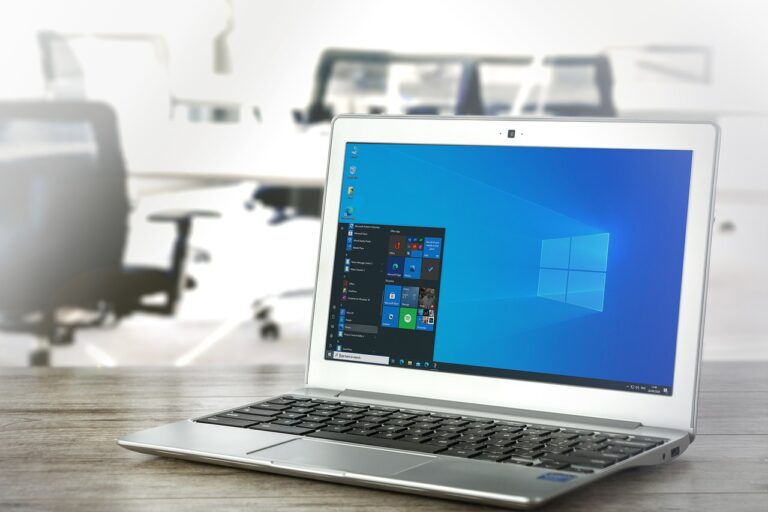The Future of Personalized Learning: EdTech Innovations
The integration of virtual reality (VR) and augmented reality (AR) in educational settings is revolutionizing the way students learn. These immersive technologies provide engaging and interactive experiences that cater to different learning styles, enhancing student comprehension and retention of concepts. Educators are increasingly incorporating VR and AR applications in various subjects, allowing students to explore and manipulate virtual environments to deepen their understanding of complex topics.
Another notable trend in educational technology is the rise of artificial intelligence (AI) in education. AI-powered tools and adaptive learning platforms analyze student data to provide personalized learning experiences and tailored feedback. By recognizing each student’s strengths and weaknesses, AI can customize learning paths, recommend resources, and track progress in real-time. This individualized approach to education not only fosters academic growth but also cultivates critical thinking skills and problem-solving abilities in students.
Benefits of Personalized Learning
Personalized learning enables students to progress at their own pace, catering to their individual learning styles and needs. This approach fosters a deeper understanding of the material and allows students to engage with the content in a way that is meaningful to them. Through personalized learning, students can take ownership of their education and develop a sense of autonomy and self-direction in their learning journey.
Furthermore, personalized learning promotes higher levels of student engagement and motivation. By tailoring educational experiences to students’ interests and abilities, personalized learning creates a more dynamic and interactive learning environment. This increased engagement can lead to improved academic performance and a greater sense of fulfillment and satisfaction in the learning process.







